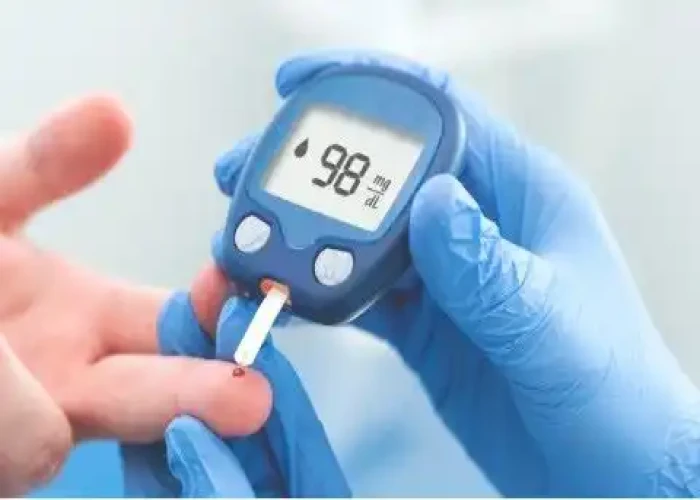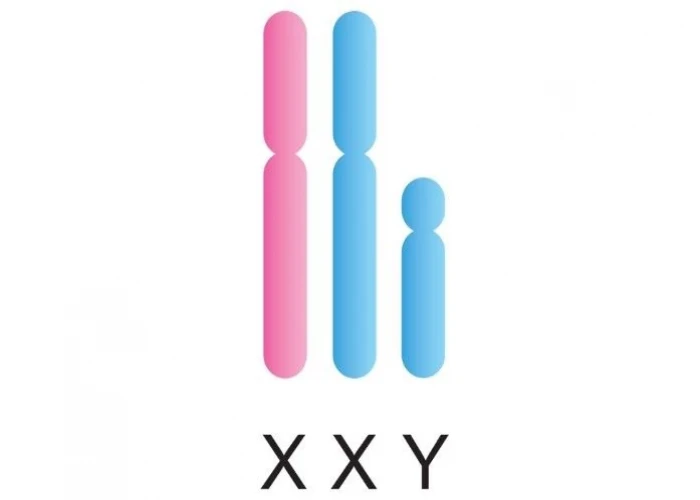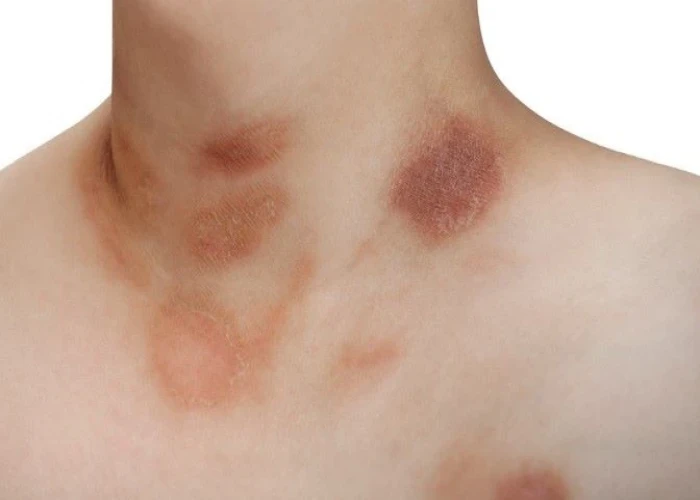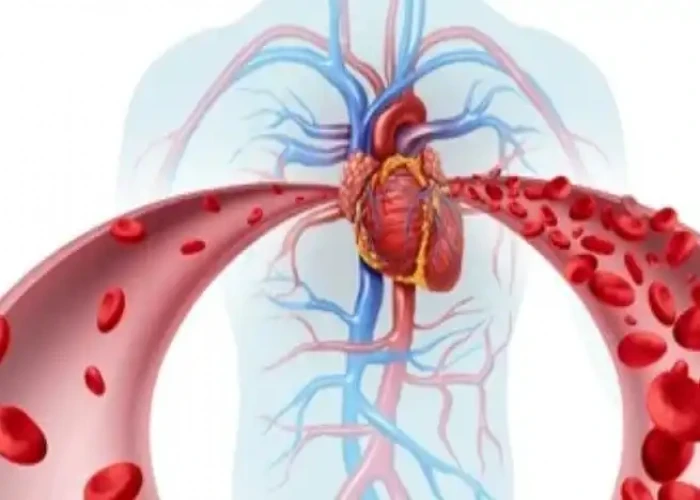 Welcome
Welcome
“May all be happy, may all be healed, may all be at peace and may no one ever suffer."
Vitamin deficiency anemia

Vitamin deficiency anemia is a type of anemia that occurs when there is a deficiency of certain vitamins that are essential for the production of healthy red blood cells. Anemia is a condition in which there is a decrease in the number of red blood cells or a decrease in the amount of hemoglobin in the blood. Hemoglobin is the protein in red blood cells that carries oxygen throughout the body.
The most common vitamin deficiencies that can cause anemia are deficiencies of vitamin B12 and folate (also known as folic acid). Vitamin B12 is found in animal products such as meat, fish, and dairy, while folate is found in leafy green vegetables, beans, and fortified cereals. Vegans and vegetarians who do not consume adequate amounts of these nutrients through their diet are at an increased risk for vitamin deficiency anemia.
Symptoms of vitamin deficiency anemia can include fatigue, weakness, shortness of breath, dizziness, headaches, and pale skin. Treatment typically involves taking supplements of the deficient vitamin and making changes to the diet to ensure adequate intake of the vitamin.
In some cases, vitamin deficiency anemia may be a sign of an underlying health condition that affects the body's ability to absorb or use these vitamins. These conditions may require additional treatment, such as medication or surgery, to address the underlying issue. If left untreated, vitamin deficiency anemia can lead to serious complications such as nerve damage or heart problems.
Research Papers
Disease Signs and Symptoms
- Fatigue (Tiredness)
- Confusion (Hallucinations)
- Forgetfulness
- Muscle weakness
- Numbness
- Weight loss
- Irregular heartbeats (arrhythmia)
- Dizziness (vertigo)
- Shortness of breath (dyspnea)
- Numbness or tingling in hands and feet
Disease Causes
Vitamin deficiency anemia
Vitamin deficiency anemia can occur if you don't eat enough foods containing vitamin B-12 and folate, or if your body has trouble absorbing or processing these vitamins.
Vitamin B-12 deficiencies
Low levels of vitamin B-12 can be caused by:
- Diet. Vitamin B-12 is mainly found in meat, eggs and milk, so people who don't eat these types of foods may need to take B-12 supplements. Some foods have been fortified with B-12, including some breakfast cereals and some nutritional yeast products.
- Pernicious anemia. This condition occurs when the body's immune system attacks cells in the stomach that produce a substance called intrinsic factor. Without this substance, B-12 can't be absorbed in the intestines.
- Gastric surgeries. If portions of your stomach or intestines have been surgically removed, that can reduce the amount of intrinsic factor produced and the amount of space available for vitamin B-12 to be absorbed.
- Intestinal problems. Crohn's disease and celiac disease can interfere with absorption of vitamin B-12, as can tapeworms that may be ingested from eating contaminated fish.
Folate deficiencies
Also known as vitamin B-9, folate is a nutrient found mainly in dark green leafy vegetables and liver. A folate deficiency can occur when people don't eat foods containing folate or their bodies are unable to absorb folate from food.
Absorption problems may be caused by:
- Intestinal diseases such as celiac disease
- Surgical removal or bypass of a large part of the intestines
- Excessive alcohol consumption
- Prescription drugs, such as some anti-seizure medications
Pregnant women and women who are breastfeeding have an increased demand for folate, as do people undergoing dialysis for kidney disease.
A lack of folate can cause birth defects during pregnancy. However, folate deficiency is less common now in countries that routinely add folate to food products such as breads, cereals and pasta.
Disease Prevents
Vitamin deficiency anemia
You can prevent some forms of vitamin deficiency anemia by choosing a healthy diet that includes a variety of foods.
Foods rich in vitamin B-12 include:
- Beef, liver, chicken and fish
- Eggs
- Fortified foods, such as breakfast cereals
- Milk, cheese and yogurt
Foods rich in folate include:
- Broccoli, spinach, asparagus and lima beans
- Oranges, lemons, bananas, strawberries and melons
- Enriched grain products, such as bread, cereal, pasta and rice
- Liver, kidneys, yeast, mushrooms and peanuts
Most adults need these daily dietary amounts of the following vitamins:
- Vitamin B-12 — 2.4 micrograms (mcg)
- Folate or folic acid — 400 mcg
Pregnant and breastfeeding women may require more of each vitamin.
Most people get enough vitamins from the foods they eat. But if your diet is restricted or you've had gastric bypass surgery, you may wish to take a multivitamin.
Disease Treatments
Vitamin deficiency anemia is treated with doses of whichever vitamin is lacking. For pernicious anemia, vitamin B-12 is usually delivered via injection and may need to be taken regularly for the rest of your life.
Vitamin B-12 is available as:
- Injections into a muscle or under the skin
- Pills to be swallowed
- A liquid or tablet that dissolves under the tongue
- Nose gel or sprays
Medications to boost folate levels usually come as pills to be swallowed, but some versions can be delivered through a narrow, flexible tube into a vein (intravenously).
Disease Diagnoses
Disease Allopathic Generics
Disease Ayurvedic Generics
Disease Homeopathic Generics
Disease yoga
Vitamin deficiency anemia and Learn More about Diseases

Hantavirus pulmonary syndrome

Premature ejaculation

Cardiogenic shock

Hypopituitarism

Type 2 diabetes in children

Klinefelter syndrome

Retractile testicle

Pityriasis rosea
vitamin deficiency anemia, ভিটামিনের অভাবজনিত রক্তাল্পতা
To be happy, beautiful, healthy, wealthy, hale and long-lived stay with DM3S.
